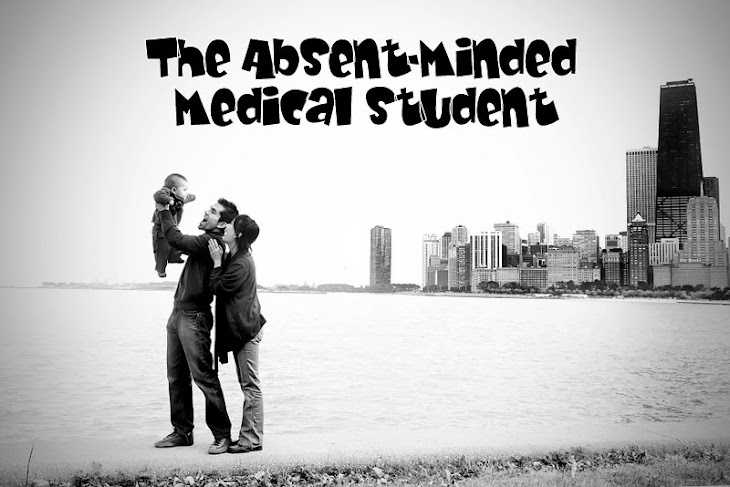I'll start off with the infamous analogy of public health:
A doctor is at a river bank. He notices a body floating down the river. He dives in, pulls the body out, does CPR, and saves the person's life. Soon as he is finished, another body floats down. So he jumps in again, repeats CPR, and saves another life. His friend, the public health epidemiologist walks up and sees the doctor. A third body floats down the river. The public health epidemiologist starts to walk off and the doctor says, "where are you going?" The epidemiologist replies "I am going upriver to see how these bodies are getting in the river."
Doctors have very important jobs. People get sick and they need somebody to help them. But a far smarter approach is to prevent the sickness in the first place. Sometimes this is works out great. Rather than treating millions of kids from getting measles, you can develop a vaccine so that no kids get measles. But when obesity is causing arthritis, heart attacks, diabetes, strokes, etc. getting rid of obesity is easier said than done.
So here I am, at the public health center of the country at the CDC. I've been here long enough to get a taste of what it's like. I am sure 1 year is a lot longer than 6 weeks, but here are some thoughts so far.
It is so much more relaxing. I know of lots of doctors who ended up staying in public health because they didn't want to take call and avoid the stress. It is way less stressful so far. I have a 40 hour work week that I get to pick. I can work at home if I want. Last week I worked from 6:30am-3pm. (I was giving a high school boy a ride to seminary. His family is from Congo, his dad works graveyard shift, and our church has a class that starts at 6am from 9th-12th grade).
I get to see Keiko so much more than during medical school. It's definitely nice.
Doing projects where we use computer programming to analyze data is definitely something I am more of a natural at than memorizing. Medical school is all about memorizing lots and lots of facts and being able to put them together. I now depend on logic to solve problems. I definitely feel more of a natural at it and this has been reinforced by comments from my supervisors.
But you do feel a little distant after spending time in a hospital. I am mainly working with numbers and charts, rather than with people. I personally feel that you save far, far more lives through this kind of research than working in a hospital, but you don't meet the patient and their family so it's a little harder to feel the gratification.
So where does this leave me? If I absolutely love public health and working at the CDC I have a good plan:
-Finish at the CDC, finish 4th year at medical school, and apply to pediatrics.
-Do a pediatrics residency
-Possibly do a pediatric infectious disease fellowship
-Return to the CDC to work as an Epidemic Intelligence Service Officer, which is a 2-yr program that almost all the people who work here start by getting trained through this program.
If I think i might want to do public health, but want to do a residency first, I probably will stick with the same plan.
If I don't really want to do public health...
-I may switch to surgery. I am kind of thinking pediatrics vs surgery. I haven't met a surgeon at the CDC yet.
We shall see... we shall see...
Subscribe to:
Post Comments (Atom)

2 comments:
Interesting, so glad you have this blog.
I've had a lot of the same thoughts as the year's come along. We'll definitely have to chat after you get back, especially re: peds vs surgery. Btw, I think I heard of one guy at the CDC who is a general surgeon, but I haven't met him yet.
Post a Comment